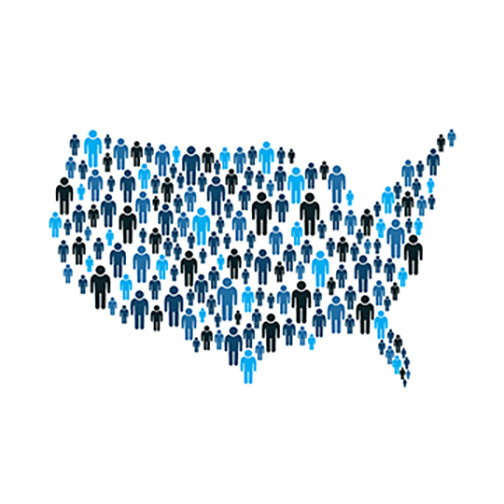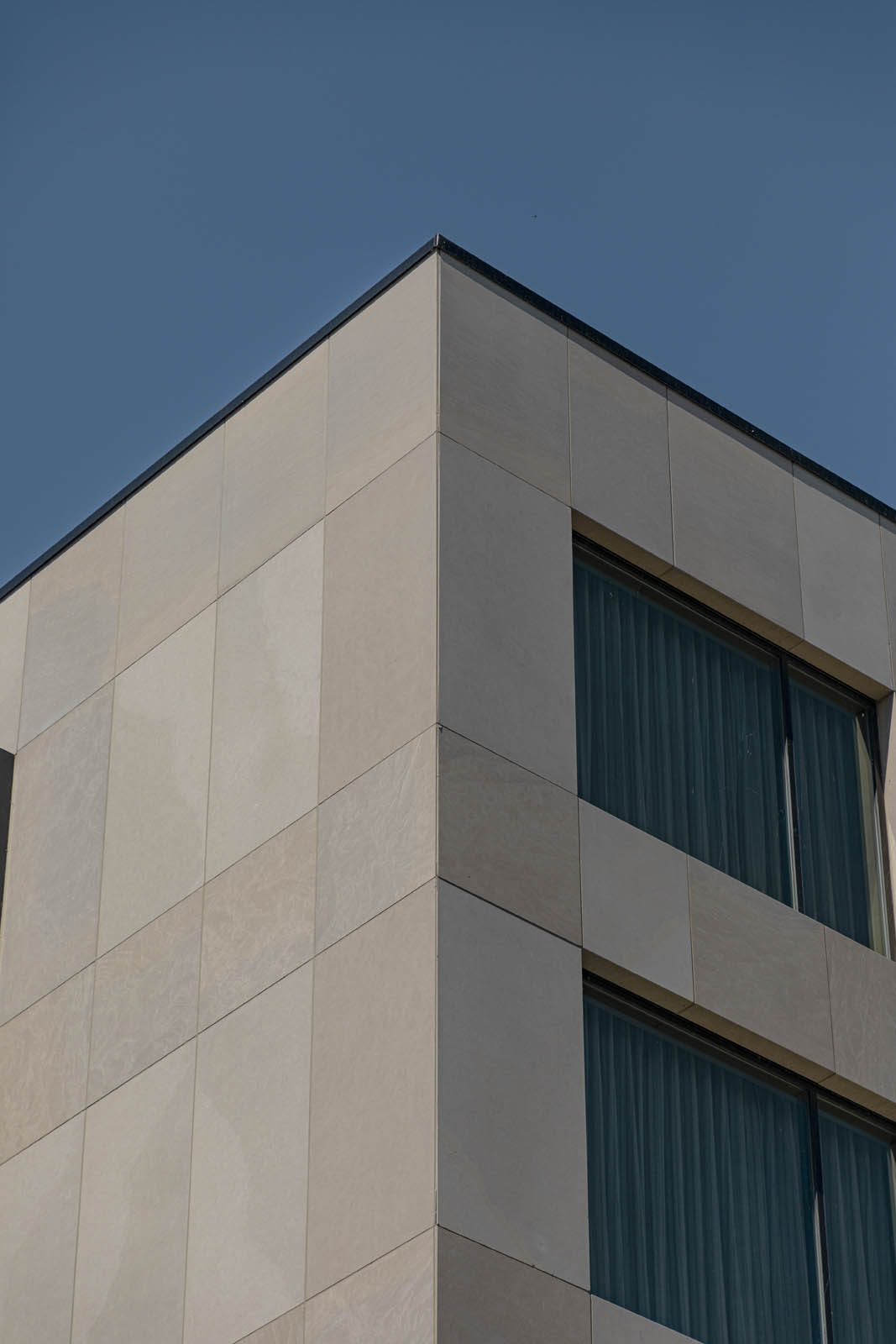
The Death of Hugo Chavez and Its Effect on the Venezuelan Population in the US
Filed Under: Hispanic / Latino
Jorge Martínez-Bonilla
Senior Vice President, CultureBeat
By Jorge Martinez, Director, LatinoEyes
In case you missed it, controversial Venezuelan president Hugo Chavez Frias died earlier this month after a long battle against cancer. To many, Mr. Chavez was a righteous leader and brave revolutionary that deserved the admiration of thousands all over the world; to others, he was a tyrant who imposed his views and mishandled the responsibilities that were vested in him when he became Venezuela’s president… and every subsequent time he successfully extended his stay in power. It seems, like with Mr. Chavez, there were no in-betweens: you either loved his legacy or flat out hated it.
This note, however, is not to talk about the former president or his policies but rather to share some thoughts on one of the effects of his rise to power. One that, in my opinion, will inevitably influence the fabric of the Hispanic population in the U.S.: the growing Venezuelan community in the U.S.
After Mr. Chavez rose to power in 1999, many of the changes he introduced caused a gradual but constant exodus of middle and upper middle class Venezuelans who felt either forced or compelled to look for better opportunities outside of the otherwise prosperous Venezuelan economy. Statistics from the Department of Homeland Security indicate that the number of Venezuelans obtaining legal permanent resident status just about doubled in a matter of years from a little over 5,000 in 2002 to over 10,000 in 2005, since then the flow has remained constant.
Many of those who fled Venezuela are highly educated and entrepreneurial individuals who now call cities like Katy in Texas and Weston in Florida home (each city has its own Venezuelan-themed moniker: Katyzuela and Westonzuela), and their arrival has begun to shape and influence their respective communities and the Hispanic community overall.
As a researcher, I have been fortunate to meet and become friends with some of those Venezuelans who now live in this country (on both ends of the Chavez-liking spectrum); and having access to them outside of the research arena has broadened my understanding of the Venezuelan culture and people, knowledge that comes in handy when you’re a qualitative researcher. I know that just as I have benefited from my immersion into Venezuelan culture so have many others and most importantly, so has society in general as Venezuelans leave their footprint in wide array of fields like arts (Gustavo Dudamel), sports (Omar Infante) and fashion (Carolina Herrera) among others. A quick look at Hispanic media is enough to notice the advent of Venezuelan talent in TV and music. At a more local level, I bet there are several arepa lovers out there thanking Venezuelans for introducing them to this corn deliciousness, or to the hallacas and pan de jamon.
In my view, cultures become richer as societies become more diverse and Venezuelans have contributed to enriching the ways in which Hispanic communities are defined throughout the US. Whether it is through entrepreneurial ventures, entertainment, or via academic and cultural experiences, their influence is palpable among Hispanics who have been exposed to the Venezuelan way of speaking, dancing, cooking and living life as a Hispanic in a foreign culture. As a moderator and researcher, I see this influence in a focus group, and I have come to appreciate the experience of a different Hispanic identity being present in consumer research.
The death of Mr. Chavez makes me wonder what will happen to those who fled Venezuela and came to the US? Will they have a burning desire to return to their home country or will they continue to make their Hispanic identity in the US stronger? What does the possibility of a Venezuelan reverse exodus mean to us researchers and to brands that target Hispanics? Many, like those in Katyzuela and Westonzuela, have developed deep roots in this country and now have US-born children, which I imagine makes the possibility of returning to Venezuela more challenging.
Hugo Chavez is dead. Now what?
explore featured
Case studies

